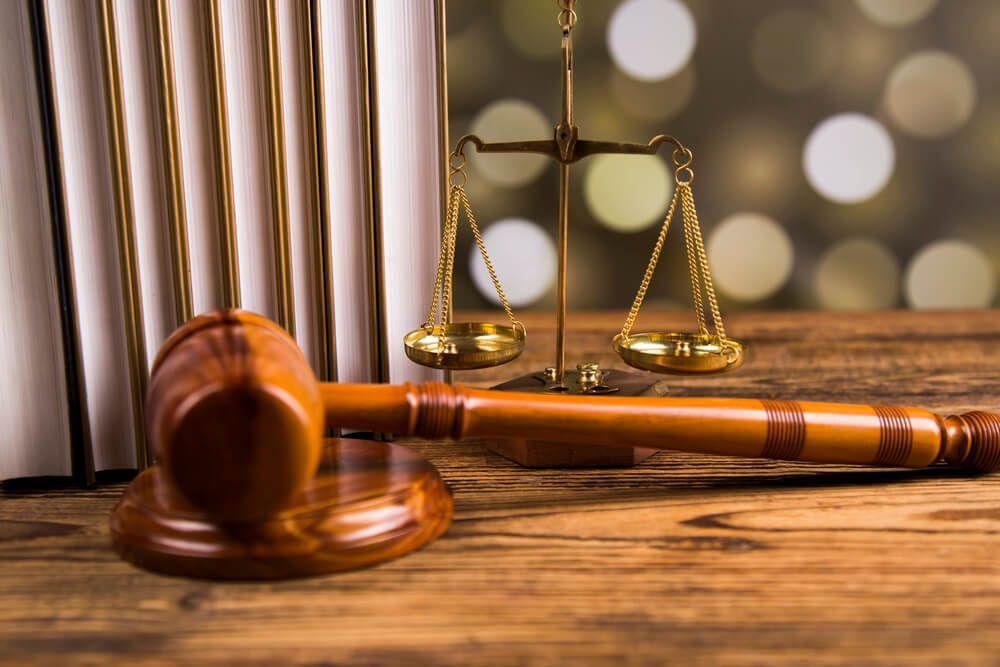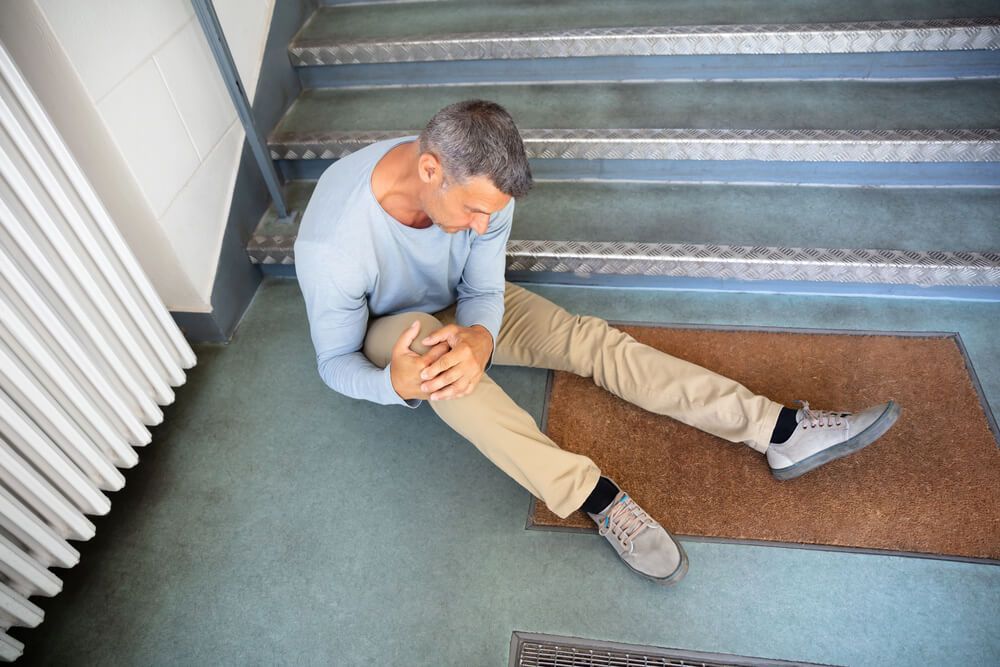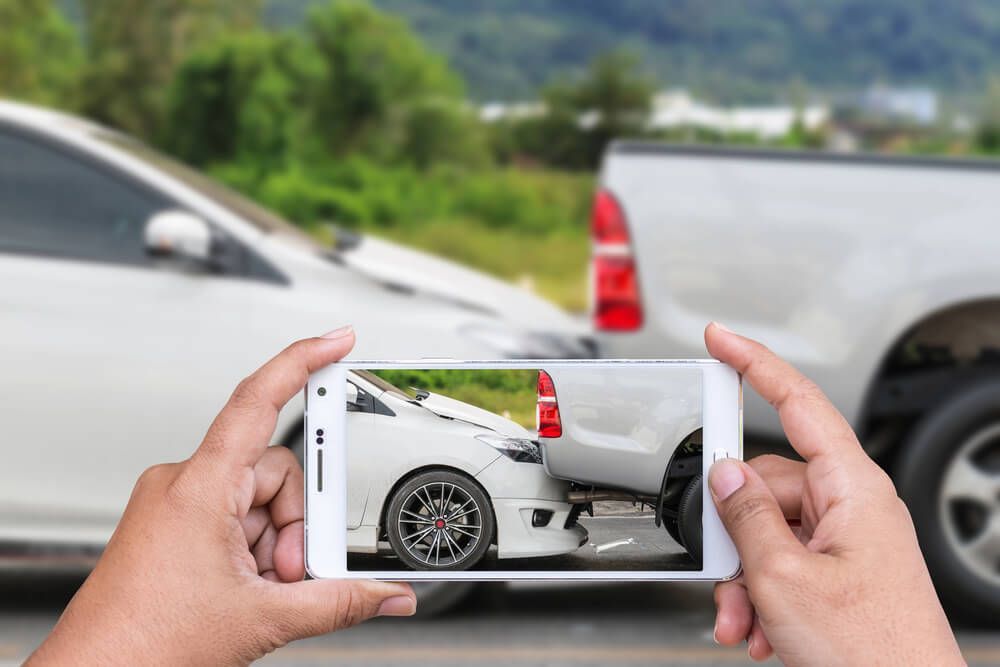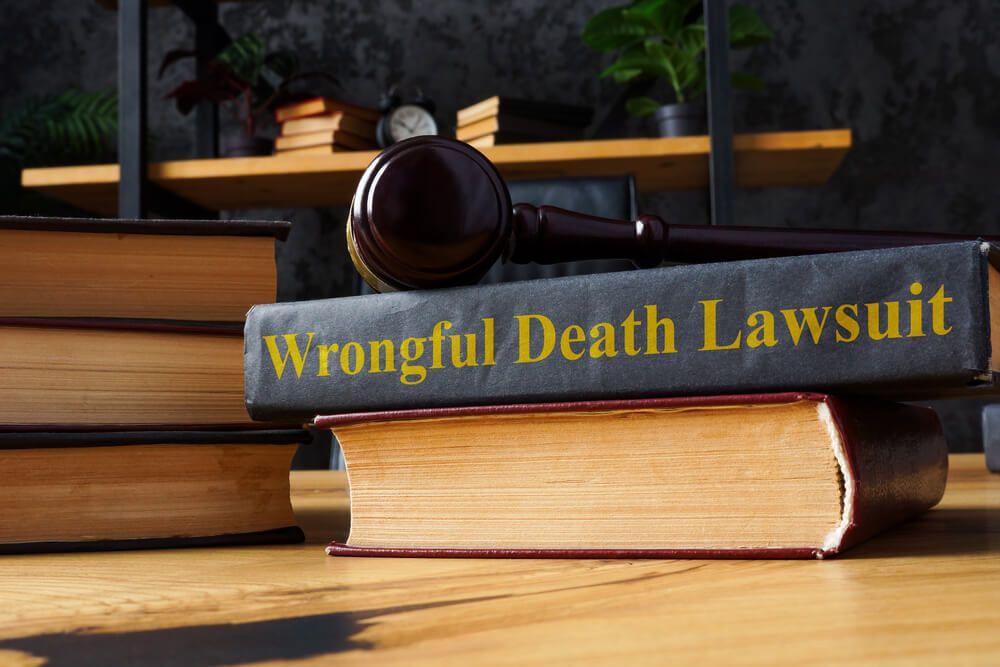What Happens After a Deposition
Recent Blog Posts
What Happens After a Deposition?

When you sustain injuries in an accident due to another party’s negligence, that party owes you due compensation. However, if they don't offer a satisfactory settlement, your personal injury case may go to trial. The deposition is a necessary part of the pretrial process, but understanding what happens after a deposition will help you build a strong case for recovering compensation.
What Is a Deposition and What Happens After It?
A deposition is sworn testimony given outside of court during the discovery phase of a personal injury case. It allows both the injured person (plaintiff) and the person or entity accused of causing the injury (defendant) to provide statements and evidence under oath before the case goes to trial.
During a deposition, deponents should only speak the truth and ensure they fully understand the questions before answering. It is completely acceptable to admit you do not know the answer to a question, rather than guessing or making up an answer. If you misspoke or provided an incorrect answer during the deposition, you should communicate with your attorney and take steps to correct the deposition.
The purpose of a deposition is to help both sides gather facts, clarify details, and evaluate the strength of the case. Depositions are a key tool for uncovering the truth and preparing for settlement negotiations, mediation, or litigation.
Although depositions happen outside the courtroom, they are still legally binding. A court reporter, video camera, or audio recorder captures everything said, and this record can be used in court, especially if a witness changes their testimony or is unavailable during the trial.
Because the questions can be detailed and legally complex, it’s important to have your attorney present during the deposition. Your attorney will:
- Prepare you for the types of questions you may face
- Object to improper or unfair questions
- Help ensure you don’t offer unnecessary or harmful information
At Sargon Law Group, our personal injury attorneys support you throughout the deposition process and the entire case. With the right legal guidance, you can feel confident and in control of what happens during and after a deposition.
How to Know If Your Deposition Went Well
Your attorney is the best person to evaluate how your deposition went, but there are a few clear signs that things likely went in your favor:
- Your attorney gives you positive feedback after the session
- The opposing attorney asked minimal follow-up questions
- There were few or no objections to your responses
- You were clear and confident in your account of events
- You didn’t need to revise or correct any of your answers
A strong deposition may even convince the opposing side to reconsider their position or make a more favorable settlement offer. In some cases, it could lead to the case resolving faster, avoiding the need for prolonged litigation.
Mistakes to Avoid After a Deposition
While the deposition itself is complete, your role in the case continues. Here are the key mistakes to avoid after your deposition:
- Talking about your case: Don’t discuss the deposition or case details with friends, coworkers, or on social media. Anything you say could be used against you.
- Making assumptions about the outcome: Just because a deposition felt strong doesn’t mean a quick settlement is guaranteed. Be patient as both sides process the testimony.
- Failing to follow up with your attorney: Stay in communication and be responsive. You may need to clarify points, provide additional documentation, or review your transcript.
- Ignoring emotional stress: Deposition day can be draining. It’s normal to feel anxious afterward. Talk to your legal team and let them handle the next steps.
Avoiding these pitfalls can help preserve the strength of your case and give your attorney the best opportunity to pursue a fair outcome on your behalf.
How Does Your Attorney Use a Deposition To Build a Case?
A deposition isn’t just a formality. It’s a powerful tool your attorney uses to strengthen your personal injury claim. Once your testimony is recorded, your legal team will analyze everything you said, as well as the opposing party’s responses, to decide what the next steps will be after a deposition.
Here are a few ways your attorney might use the deposition to your advantage:
- Evaluate the credibility of witnesses: Your attorney will assess whether the opposing party was consistent and believable. If not, they may use those contradictions later in negotiations or a trial.
- Identify legal strategies: Information from the deposition helps shape arguments, uncover weaknesses in the other side’s case, and determine whether mediation, settlement, or trial is the best path forward.
- Negotiate from a position of strength: If your deposition clearly shows liability or damages, your attorney can use that leverage to push for a better settlement offer.
- Prepare for trial, if necessary: Depositions often become key trial evidence. Your legal team may highlight certain responses in court or use the transcript to challenge opposing witnesses.
Understanding how your attorney uses deposition testimony can give you confidence in the process and a clearer picture of why your input matters long after the deposition ends.
What Happens After a Deposition in a Personal Injury Case?
After a deposition, the case may proceed to further discovery, settlement, mediation or even a courtroom trial, depending on what was revealed during testimony and how each side responds. The deposition helps both parties assess the strength of the case, clarify disputed facts, and decide whether to resolve the matter or proceed to trial. What happens next will largely depend on how the deposition affected each side’s legal strategy and willingness to negotiate.
Further Discovery
Many personal injury cases only have two deponents: the injured party and the party accused of being at fault for the injury. If more deponents need to testify, the discovery phase may require much more time. It’s often the case that the other party won’t settle until after they receive and review all the relevant information. In some cases, information revealed during the deposition leads one or both sides to seek additional evidence. This may include:
- Requests for further documentation
- Additional disclosures
- Requests for admissions to confirm facts
- Subpoenas for third-party records
- Follow-up depositions, especially if new information or inconsistencies arise
Arizona’s disclosure and discovery statutes state that deponents have an entitlement to request a transcript or recording of the deposition before the deposition process is complete. They then have 30 days to review the deposition and submit any changes. It is reasonable to expect that the other party will assert this right to the fullest before deciding to settle.
If you misspoke or left out important information, request a transcript of your testimony and go over it with your attorney. You will likely have an opportunity to correct yourself for the record. If it seems like your case will proceed to trial, be sure to address these corrections before then.
Settlement
A settlement is a formal agreement between the injured party and the opposing party or their insurance company to resolve the case without going to trial. Settlements often involve a financial payment in exchange for the injured person agreeing to drop the lawsuit or release the other party from further liability.
In the context of a personal injury case, a settlement can happen at nearly any point. It can happen before filing a lawsuit, during discovery, after a deposition or even on the eve of trial. However, the deposition often plays a pivotal role in influencing whether a settlement occurs and when.
If the deposition reveals strong evidence in favor of the injured party, the opposing side may choose to avoid trial and offer a fair settlement. Settling after a deposition in a personal injury case can save both sides time, stress, and legal costs, making it a preferred outcome when both parties feel a fair resolution is possible.
How Long After a Deposition Will They Settle?
There is no set timeline for how long it will take the other party to settle after a deposition. While some cases resolve within weeks, others may take longer, especially if additional discovery or negotiation is needed. In the meantime, it is important to stay in communication with your attorney and avoid discussing details of the case or deposition with any other parties.
Mediation
Mediation often becomes the next step when negotiations stall after deposition. If you cannot secure a favorable settlement offer from the other party, but you do not wish to engage in a lengthy or costly court battle, mediation can be a viable alternative. While it can be frustrating not to immediately receive a settlement to help pay for your medical bills and other damages, it is still important to engage in mediation in good faith.
What Is Mediation?
The mediation process involves a neutral mediator, not affiliated with either party in the personal injury case, who will facilitate negotiations toward a favorable resolution. The goal of mediation is to arrive at an outcome that satisfies both sides while also minimizing the time, costs and effort spent resolving the case. In some cases, the judge presiding over the personal injury case might even order it. If this happens, it will be mandatory to participate in mediation.
It’s worth considering the confidentiality that mediation provides. Mediation occurs outside of the courtroom, which means that the details of the case will not become public. This can be especially pertinent if any of the depositions might contain details that portray the involved parties in a negative light.
Mediation can be a very beneficial route after a deposition if it appears that the other party wishes to resolve the matter discreetly. This is particularly common if a business or commercial entity is liable for your injuries, as these entities will often choose to avoid any risks to their reputation that might come with a public trial.
Mediation can increase your likelihood of reaching a fair resolution compared to a trial, where the other side may be more combative and the outcome is left in the hands of a judge or jury.
How Long After Deposition Is Mediation?
Mediation might occur days or even months after the deposition session, depending on the availability of mediators and the participating parties. Mediation is not mandatory after deposition for most personal injury cases, so it might not occur as part of your case unless a judge orders mediation or one of the involved parties requests it.
Depositions can bring new details about the case to light, so each party’s attorneys might choose to investigate further or take time to build their cases before participating in mediation. If other complications arise, the period between deposition and mediation might extend even further.
Be mindful of whether the other party is stalling the mediation process after deposition. If they are hindering your personal injury case from moving forward, it could be an indication that they are trying to avoid paying compensation for your injuries. It may also mean that they are less likely to cooperate in good faith during mediation. However, you might also take this to mean that your deposition went well and position your legal team to negotiate more effectively.
Litigation
Courtroom litigation may be necessary if the other party refuses to settle after the deposition or if mediation fails. Mediation is not legally binding, so litigation may be necessary even after seeking help from an experienced mediator.
In the context of a personal injury case, litigation refers to the courtroom proceedings in which your attorney will advocate for your right to adequate compensation. The ultimate goal of your personal injury lawsuit is to secure compensation for your damages, including medical bills, lost wages, property damage and even non-economic damages. In these cases, litigation becomes the final route to pursue compensation.
If the case proceeds to trial, either party can enter the contents of the deposition into evidence. This can work strongly in your favor if your deposition went well or if the other party’s deposition has clear weaknesses and inconsistencies. The burden of proof in a personal injury case rests with the plaintiff, but compelling evidence and transparent depositions can help support your claim that the other party was at fault for the accident and your resulting injuries.
Keep in mind that litigation can be more time-consuming and financially costly compared to mediation. Consult with your attorney to understand whether taking your case to court is the best choice for your unique situation. Your attorney can evaluate any weaknesses in your deposition and provide insight into how they might hinder your chances at trial.
Personal Injury Attorneys Who Stay With You Through All That Happens After a Deposition
You shouldn’t have to navigate the aftermath of a deposition on your own. At Sargon Law Group, we’re here to guide you through every step of the personal injury claim process, from preparing for your deposition to negotiating a settlement or representing you in court if necessary.
Our team is committed to standing by your side, protecting your rights, and helping you pursue a fair and appropriate settlement, no matter what happens after your deposition.
Contact us today for a free consultation.





